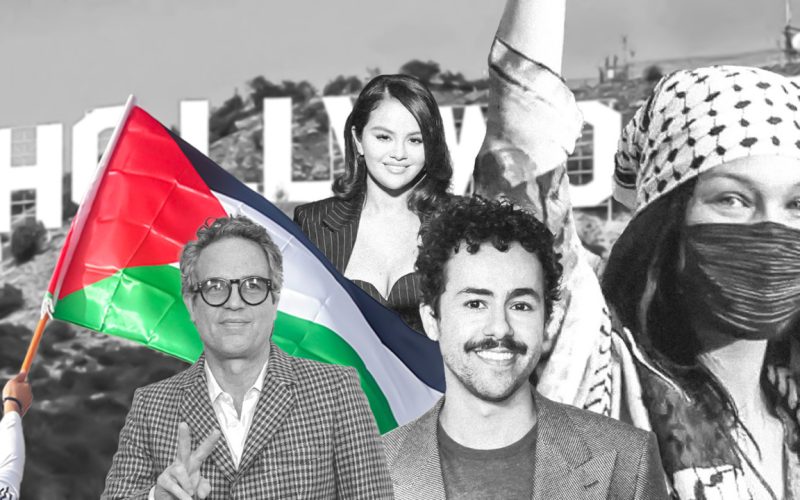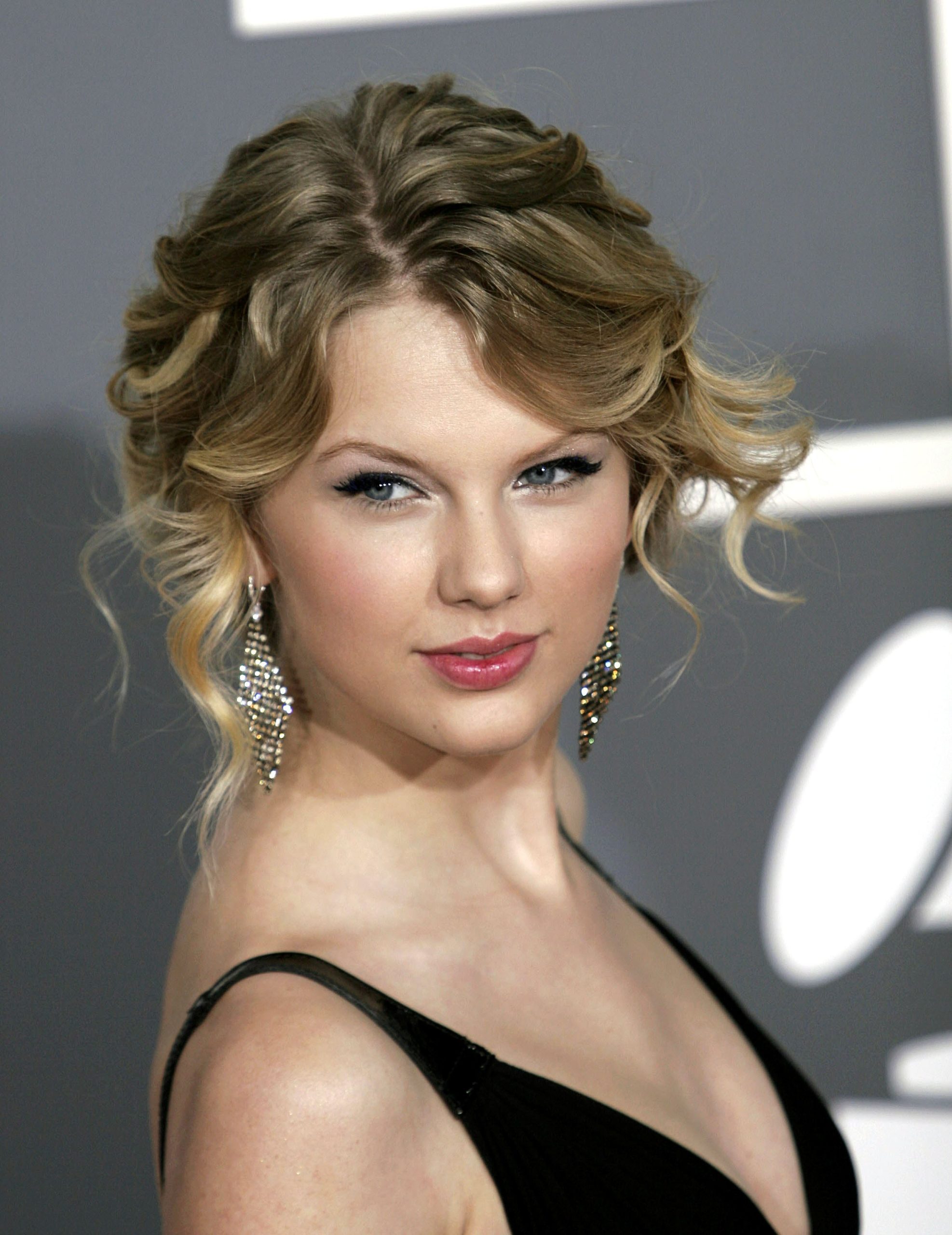Introduction
Celebrity activism has become a prominent force in contemporary social movements, with high-profile individuals leveraging their influence to advocate for various causes. From environmental conservation to social justice, celebrities have increasingly taken on roles as activists, using their platforms to raise awareness and drive change. This article delves into the multifaceted impact of celebrity activism on social issues, examining its effectiveness, challenges, and the broader implications for society.
The Rise of Celebrity Activism

-
Historical Context
Celebrity activism is not a new phenomenon. Historically, figures like Muhammad Ali, Jane Fonda, and Audrey Hepburn have used their fame to champion causes ranging from civil rights to humanitarian aid. However, the advent of social media has amplified the reach and immediacy of celebrity activism, allowing for real-time engagement with global audiences.
-
Modern Examples
In recent years, celebrities such as Leonardo DiCaprio, Emma Watson, and Colin Kaepernick have become synonymous with activism. DiCaprio’s work on climate change, Watson’s advocacy for gender equality, and Kaepernick’s stance against racial injustice exemplify the diverse range of issues that celebrities are addressing today.
Mechanisms of Influence

-
Social Media
Social media platforms like Twitter, Instagram, and Facebook have become crucial tools for celebrity activists. These platforms enable celebrities to share information, mobilize supporters, and engage in dialogue with both fans and critics. For example, when Kim Kardashian West advocated for criminal justice reform, her social media posts garnered widespread attention and support, ultimately contributing to legislative changes.
-
Public Appearances and Endorsements
Public appearances at events such as the United Nations General Assembly, TED Talks, and charity galas provide celebrities with high-visibility opportunities to advocate for their causes. Additionally, endorsements of organizations and initiatives lend credibility and attract funding, as seen with Beyoncé’s support for the Black Lives Matter movement.
-
Collaborations with NGOs and Governments
Celebrities often collaborate with non-governmental organizations (NGOs) and governmental bodies to amplify their impact. Angelina Jolie’s work with the United Nations High Commissioner for Refugees (UNHCR) is a prime example of how celebrity status can be leveraged to bring attention to global crises and influence policy decisions.
Effectiveness of Celebrity Activism
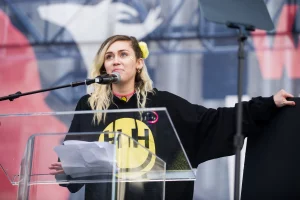
-
Raising Awareness
One of the most significant contributions of celebrity activism is raising awareness. Celebrities can bring attention to issues that might otherwise remain underrepresented in mainstream media. For instance, Leonardo DiCaprio’s documentary “Before the Flood” highlighted the urgent need for climate action, reaching millions of viewers worldwide.
-
Mobilizing Resources
Celebrities have the unique ability to mobilize financial and human resources. Fundraising campaigns led by celebrities often achieve remarkable success, as seen with Lady Gaga’s “One World: Together at Home” concert, which raised millions for COVID-19 relief efforts.
-
Influencing Public Opinion
Celebrities can shape public opinion and cultural norms. Their endorsements can legitimize social movements and encourage broader societal acceptance. For example, Ellen DeGeneres’ public coming out in the 1990s played a pivotal role in changing attitudes toward LGBTQ+ individuals.
Criticisms and Challenges
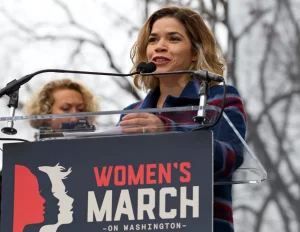
-
Superficial Engagement
One of the primary criticisms of celebrity activism is the potential for superficial engagement. Critics argue that some celebrities may lack a deep understanding of the issues they advocate for, leading to oversimplification or misrepresentation. This phenomenon, often referred to as “slacktivism,” can undermine the credibility of social movements.
-
Commercialization of Activism
The commercialization of activism is another concern. When celebrities tie their advocacy efforts to personal branding or commercial ventures, it can create conflicts of interest. For instance, some critics have questioned the authenticity of celebrity endorsements for environmental causes when those same celebrities engage in environmentally harmful behaviors.
-
Inequitable Influence
The disproportionate influence of celebrities can overshadow grassroots activists and marginalized voices. While celebrity activism can draw attention to important issues, it can also divert resources and media coverage away from those who are directly affected by the issues and who may have more nuanced perspectives.
Case Studies
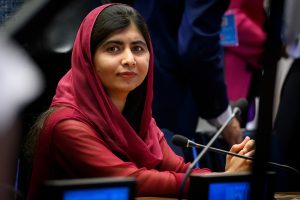
-
Malala Yousafzai: Education for Girls
Malala Yousafzai, though not a traditional celebrity, has gained international recognition for her advocacy for girls’ education. Her story and subsequent activism have garnered support from high-profile figures and organizations, amplifying her impact and contributing to policy changes in education.
-
Greta Thunberg: Climate Change
Greta Thunberg’s rise to prominence as a climate activist has been significantly bolstered by celebrity endorsements and media coverage. Her speeches and climate strikes have inspired millions, demonstrating the power of youth activism when combined with celebrity support.
-
Meghan Markle and Prince Harry: Social Justice
The Duke and Duchess of Sussex have used their platform to address issues such as racial inequality, mental health, and gender equality. Their involvement has brought significant attention to these causes, although it has also sparked debates about the role of royalty in activism.
Conclusion
Celebrity activism is a complex and multifaceted phenomenon with the potential to drive significant social change. While it is not without its challenges and criticisms, the ability of celebrities to raise awareness, mobilize resources, and influence public opinion cannot be understated. As society continues to grapple with pressing social issues, the role of celebrity activists will undoubtedly remain a critical and evolving component of the broader landscape of social advocacy.






